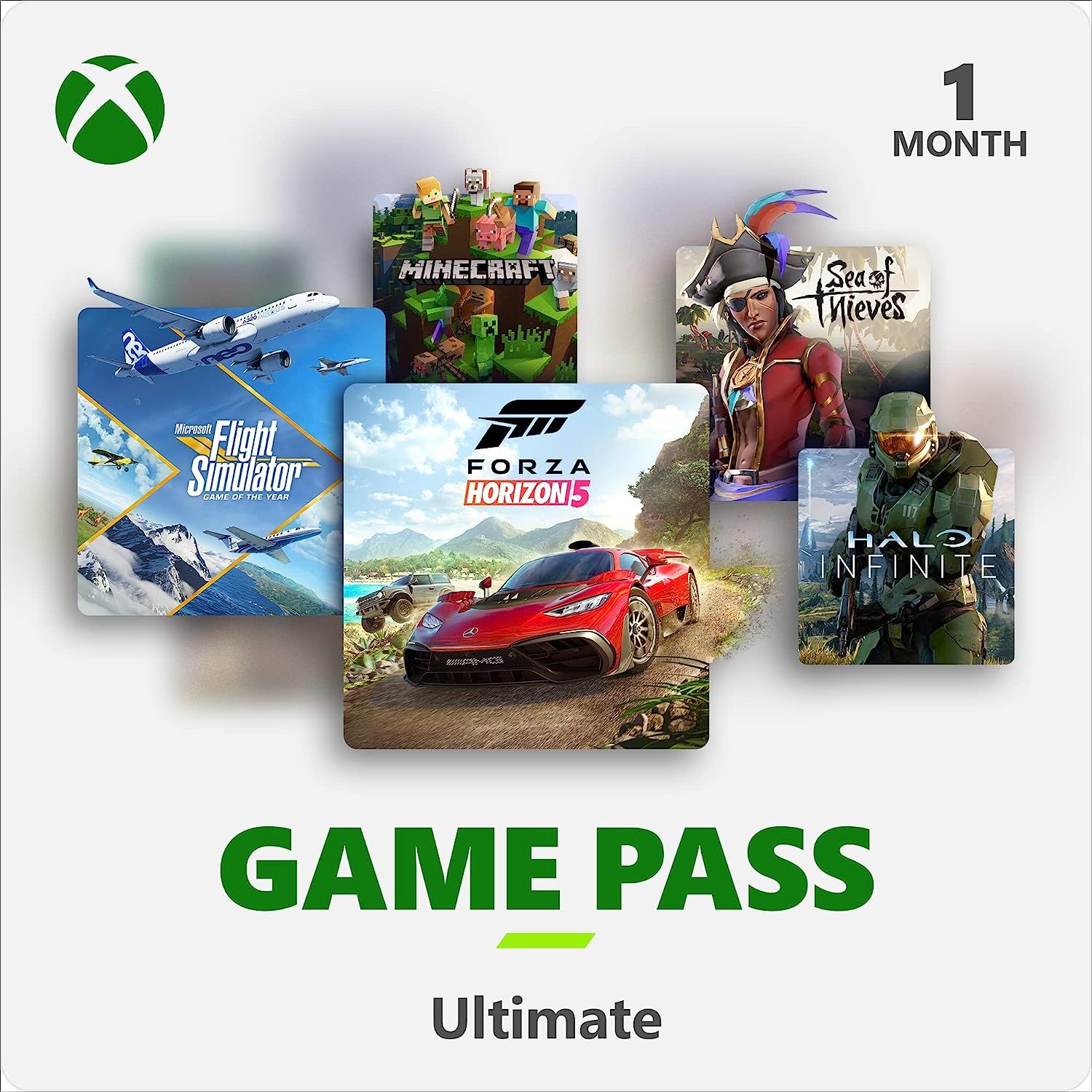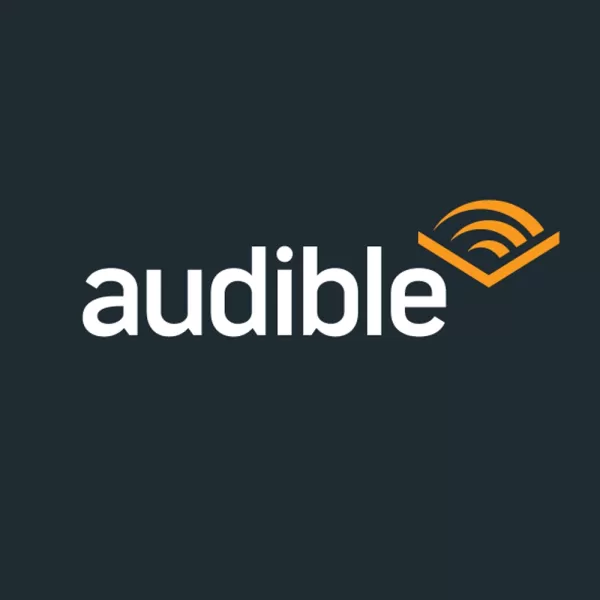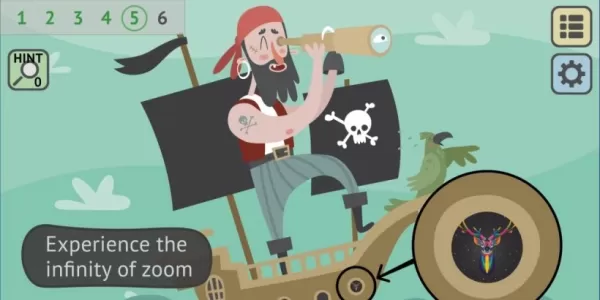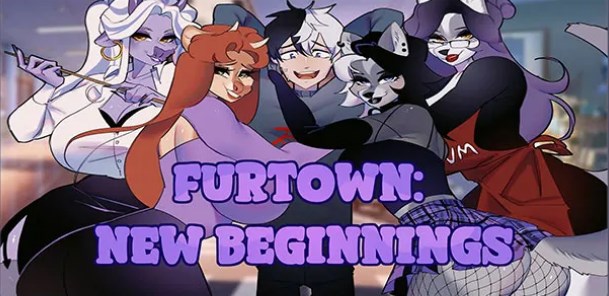Xbox Game Pass: A Double-Edged Sword for Game Sales
Xbox Game Pass, while offering gamers a vast library of games for a fixed monthly fee, presents a complex picture for developers and publishers. Industry analysis suggests that including a game in the service could lead to a significant drop in premium sales – estimates range as high as 80%. This potential revenue loss directly impacts developer earnings and a game's chart performance, as exemplified by the perceived underperformance of Hellblade 2 despite its considerable Game Pass playership.
Despite Xbox's acknowledgment of Game Pass's potential to cannibalize sales, the service has also shown a positive impact on multi-platform titles. Games performing well on Game Pass often see a sales boost on other platforms, like PlayStation. This suggests that the service can introduce players to games they might not otherwise purchase, driving sales elsewhere. However, this benefit is not universal. The service's impact on indie developers is particularly nuanced. While Game Pass can provide significant exposure, it also makes it considerably harder for indie games to succeed outside the subscription model on the Xbox platform.
The growth of Xbox Game Pass itself has been inconsistent. While the service experienced a substantial dip in subscriber growth towards the end of 2023, the launch of Call of Duty: Black Ops 6 on the platform resulted in a record-breaking surge in new subscribers. The long-term sustainability of this growth remains uncertain.
The debate surrounding the impact of Xbox Game Pass continues. While Microsoft openly admits its sales-cannibalizing effects, the service's ability to drive sales on other platforms and boost exposure for indie titles presents a compelling counterargument. The overall effect remains a complex interplay of potential gains and losses.
 $42 at Amazon $17 at Xbox
$42 at Amazon $17 at Xbox









